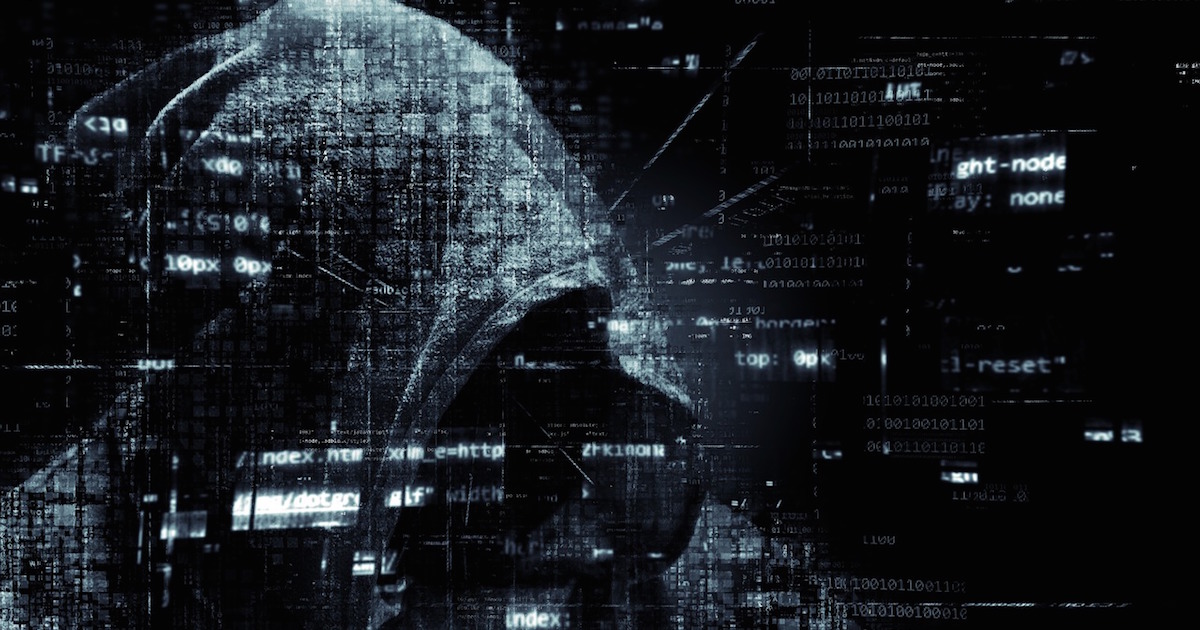
Jailed Russian Hacker Claimed Responsibility For U.S. Election Cyber-Attacks
A Russian hacker charged with bank account breaches claimed in court that he had taken part in cyber-attacks at the U.S. election in 2016, The Bell has learned.

Photo: Pixabay/CC0 Creative Commons
The hacker, Konstantin Kozlovsky, insisted that he had been in collaboration with FSB for years, and the U.S. breaches had been carried out on orders by FSB, the principal Russian security agency.
- At a court hearing in August 2017, Kozlovsky claimed that he “performed different tasks on assignments by FSB officers”, most notably the breach of the DNC servers and Hillary Clinton’s email, The Bell has learned. Other assignments which Kozlovsky listed included penetration of computer networks of government offices and defense industry facilities in the U.S., and the networks of international sports organizations: IOC, FIFA, WADA.
- A transcript and a voice record of the hearing are posted at Kozlovsky’s Facebook account. A source close to Kozlovsky’s attorneys and another acquaintance of the hacker have confirmed the authenticity of the documents to The Bell.
- In court, Kozlovsky claimed that his handler at FSB was Major Dmitry Dokuchayev. In December 2016, Dokuchaev was arrested and charged with treason together with Colonel Sergei Mikhailov, FSB’s top expert on cyber crime.
- A recent investigation by The Bell uncovered that both Dokuchayev and Mikhailov might be suspected of leaking information about Russian state-backed hacking during the 2016 election to the U.S. intelligence.
- Kozlovsky was a member of one of the largest Russian hacking groups Lurk. Using a Trojan virus, the group has stolen 1.7 billion roubles (nearly $300M) from bank accounts in Russia. The group counted more than 50 people all over the country. All were arrested by FSB in June 2016. Kozlovsky is considered to be one of the leaders of the group.
Kozlovsky’s claims are hard to verify and look exaggerated. He first wrote about his work for FSB in a letter in November 2016, which he unsuccessfully tried to deliver to the European and American authorities.
The document was also published at Kozlovsky’s Facebook page. In the letter, he linked himself to most of well known breaches attributed to FSB.
Remarkably, in November 2016 letter Kozlovsky mentioned that his FSB handler’s name was “Ilya”. Later, in court, he changed his testimony to mark Dmitry Dokuchyaev, who became widely known only after his arrest in December 2016.
Svetlana Reiter, The Bell





